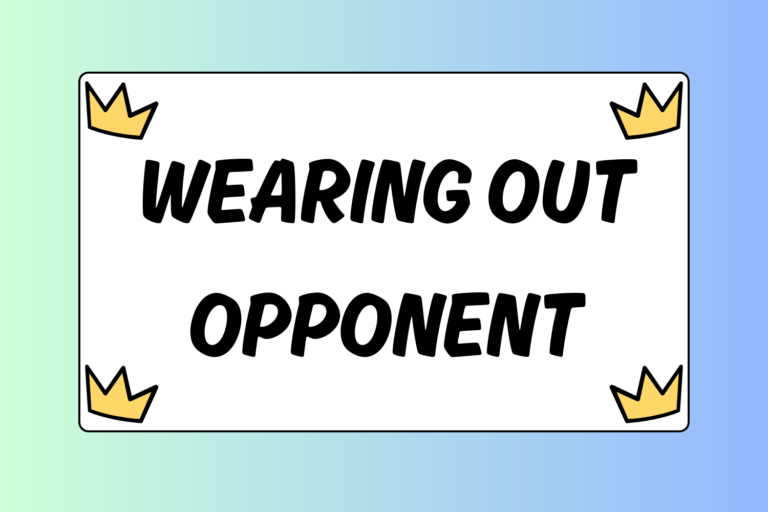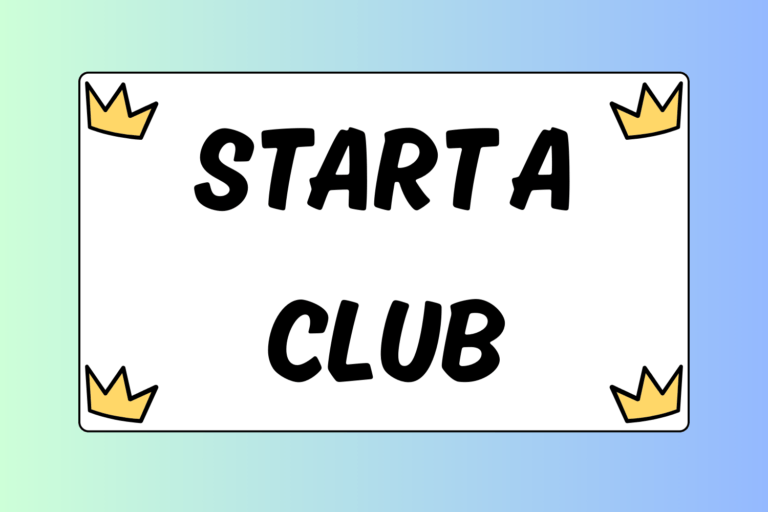Wrestling is a sport that encourages participation. Generally speaking, teams will allow all wrestlers who join the team participate so long as they practice and compete with intensity. However, becoming a varsity starter is a huge accomplishment for scholastic wrestlers, as this means you are the best on your team at your specific weight class.
Being a varsity starter gives you the most opportunities to compete against the best competition. This guide will explain some common practices used to determine varsity spots in scholastic wrestling. Read on if you’re interested in representing your team on the varsity squad.
Beat the Best
The most common practice in scholastic wrestling for determining a varsity starter is staging a “wrestle-off.” This is where two or more eligible wrestlers compete against one another in one or more actual matches. These matches determine who the best wrestler is and, subsequently, who will represent the team in the varsity line-up. If there are more than two wrestlers who are eligible for a specific varsity spot, each wrestler must compete against every eligible teammate to decide the best wrestler.
Every team has a different way of holding their wrestle-offs. Some teams do them more informally during practice, holding matches that are closed to the public. Other teams, typically those that are larger and have a bigger fan base, will treat wrestle-offs like an official match and allow spectators to watch. These are sometimes referred to as “intra-squad” matches.
Again, the rules and procedure for wrestle-offs are vastly different depending on the team. Some teams have wrestlers compete against one another in three matches. In this case, the winner of two out of the three matches would earn the starting spot. Other teams hold wrestle-offs on a weekly basis to determine who will represent the varsity team for a specific dual meet or tournament. Typically, weekly wrestle-off matches are used when two or more wrestlers are extremely close in skill level.
Hot Tip: Make a Challenge!
Most teams allow a non-starter to challenge a starter for their spot at any time. If you’re feeling confident, step up and make a challenge!
Standing Out
Some coaches choose starters by seeing which wrestlers stand out, above the rest. Typically, this means the wrestler who is working the hardest and giving the most effort will capture their attention — many coaches believe that effort is more important than skill. However, if there is a wrestler that is noticeably better skill-wise compared to all of his teammates in his weight class, a coach may elect to make this wrestler the starter without holding a formal wrestle-off.
Let this be a lesson: Don’t let your effort, or lack thereof, be the determining factor of whether or not you earn a starting spot in the varsity lineup. If you want to win, against a teammate or crosstown rival, you better work hard. A hard-working wrestler with an average level of athletic ability will beat a talented wrestler that doesn’t work hard nine times out of 10, and many coaches agree with this school of thought.
Wrestling as a Backup
The mark of a good team is “depth,” or in other words, having several very competitive wrestlers at a specific weight class. Oftentimes, wrestlers who are considered “varsity,” but are not designated as the starter are called “backups.”
Other common terms for back-up wrestlers include:
- “Second-string,” “third-string,” etc.
- “B-team,” “C-team,” etc.
- Junior varsity (this is used on teams that only consider starters as “varsity”).
Depth allows a team to be flexible with their lineup, granting them the power to strategically move wrestlers around within a lineup at dual meets. It allows the team to rest a starter during a long season, or allow a backup wrestler to enter the lineup to gain varsity experience by competing in a specific event. Having quality backup wrestlers waiting and ready to compete is also important when a starter gets injured and is not able to compete.
In some cases, one team’s backup wrestler may be better than many other teams’ varsity starters. If you haven’t been able to crack the lineup and are wrestling as a backup, stay positive. There may be a number of situations that will allow you to step up and compete as a starter. Even if you’re not a starter, you should practice with intensity every single day. Your mindset should be that at any minute, you could be asked to step up and help your team as the varsity starter.
Stay Focused
If you’re a scholastic-level wrestler, one of your goals should be to earn a starting spot in the varsity lineup. This is more easily attainable for some wrestlers than others; your skill level and the level of competition on your team are two major factors that will play into this.
No matter how good you are, or how good you think you are, you should always wrestle with the mindset that you are working hard in order to represent your team. This will give you a goal to strive for, whether it’s short-term or long-term. If you have the aspirations to be a varsity starter, keep working hard and doing what you can to earn your spot. Good luck!





